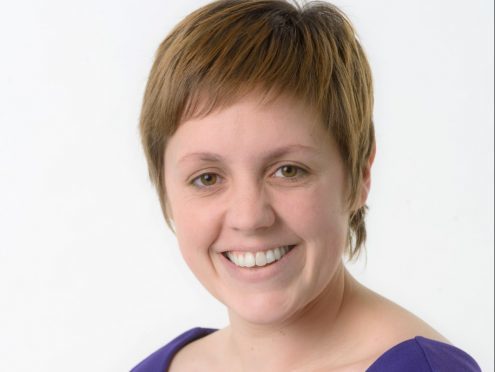I have been trying to write this for a while but haven’t quite been able to find the words. I am a young woman in politics.
Three of our political leaders in Scotland are women. Our first minister is female. We have a gender balanced cabinet. But is this enough to encourage women to get into politics? Is this enough to balance out the reasons why women don’t get into politics?
There are many reasons why people don’t get involved in politics. Being a political staff member means working long hours for not that much money. Getting anywhere in a political party means giving up your free time. I recently found an article in which I was roundly criticised for not having any friends or many acquaintances outwith my family and my work colleagues. There’s not much time for socialising with other folk because I would rather spend my free time either with my family, working or volunteering for the SNP. It’s a huge time commitment and it takes over your life. But this isn’t the reason that some folk choose not to pursue a political role.
I have spoken to women about why they do and don’t get into elected or unelected politics. There is an commonly held view that politics is all about aggression, conflict, one-upmanship and argument. Actually, that’s not at all what the vast majority of the role is about.
By far the most important quality in a politician or an aspiring politician is empathy. Most of the women I know have this in spades. As a politician, you need to be able to get on with a wide range of people – whatever your constituency or council ward you will be dealing with folk from all walks of life. At least half of my job is trying to help individual constituents and community groups, and this proportion was even higher when I was a councillor.
As an elected politician you need to advocate on behalf of your constituents, ensuring that their individual concerns are acted upon and problems solved, and that their needs are taken into account when policy is set. Politicians who do the best job and are held in the highest regard in their local areas are not those who make cheeky quips at Prime Ministers Questions but rather those who work incredibly hard to solve their constituents’ problems.
I took part in a debate at Aberdeen University recently and I was horrified that young people in the audience might go away with the impression that the level of aggression displayed by rival politicians there was a good illustration of the job I do on a daily basis. I very, very rarely argue with anyone. I have to be firm with people, and I sometimes have to explain to constituents that I can’t help them, or that I will try my best to help them but that Government policy is against them so I’m not likely to get anywhere.
I’m not going to deny that there are hard bits associated my job, as well as immense privilege and opportunity. But I would hate to think that women, or men, turned away from a future in politics because of the level of aggression displayed at PMQs or in debates. Empathy is far, far more important.
